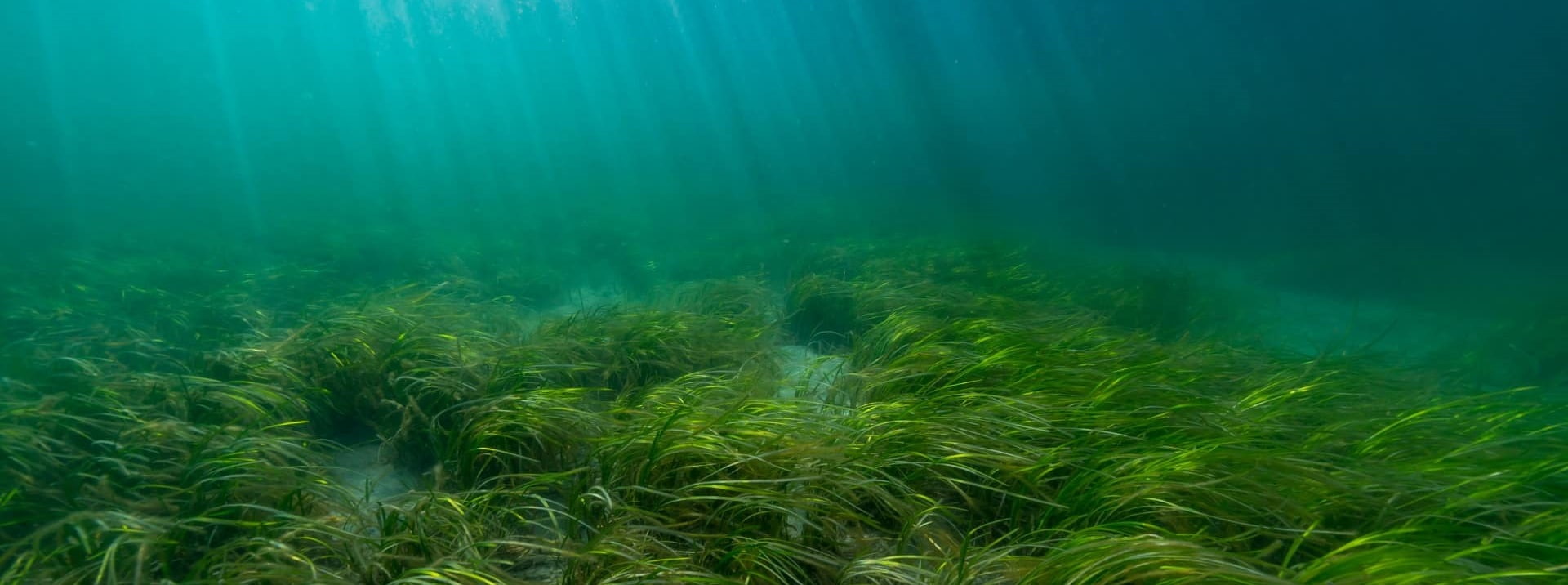
- University home >
- COP28 >
In the face of our changing climate, understanding the synergy between nature and the environment has never been more critical. The MarClim project uses archival and contemporary data to investigate the impact of climatic change on rocky intertidal invertebrates and macroalgae. Spearheaded by a dedicated team, our research provides valuable insights into the complex dynamics of coastal ecosystems and the consequences of climate-driven shifts.
The MarClim project is founded upon data dating back to the 1950s, coupled with annual survey data collected since 2002. This extensive dataset enables scientists to trace the ebbs and flows of rocky intertidal species over decades. The longitudinal approach adopted not only sheds light on current trends but also unveils the historical context of climatic impact on these crucial ecosystems.
A Low-Cost, Fit-for-Purpose Network: Regular Updates and Impact Projections
MarClim operates as a low-cost, fit-for-purpose network, facilitating regular updates of climatic impact projections. This dynamic system ensures the accuracy of findings facilitates timely assessments and reports to be submitted to the UK Government Countryside Nature Conservation Bodies (CNCBS). By leveraging Met. Office Hadley Centre models and UKCIP models, the project forecasts both community and species-specific changes, offering a glimpse into the future of these coastal ecosystems.
What are we working towards?
The primary aim of the MarClim project is to monitor and track climate-driven changes in the abundance and distribution of 87 species of rocky intertidal invertebrates and macroalgae. These species, originating from boreal, lusitanian, and invasive regions, paint a vivid picture of the diversity within UK regional seas. By documenting the shifts in these populations, MarClim contributes invaluable data to marine management and monitoring efforts.
Fastest Climate-Driven Range Shifts: A Wake-Up Call
One of the standout achievements of the MarClim project is the documentation of some of the fastest climate-driven range shifts in any natural system. These shifts, recorded in rocky intertidal species, demonstrate poleward expansions of leading range edges and retractions of trailing range edges. The relative dominance of conspecifics from differing thermal evolutionary origins has also undergone significant changes since the 1980s. These findings serve as a wake-up call, underlining the urgency of addressing climate change impacts on our coastal ecosystems.
Dissemination of Knowledge: Bridging Science and Policy
The results of the MarClim project are not confined to scientific journals; they are disseminated to the UK CNCBS and European Networks, ensuring that the knowledge generated reaches policymakers and stakeholders. This vital bridge between science and policy is instrumental in shaping informed decisions and interventions to safeguard our coastal ecosystems.
MarClim project stands as a testament to the power of interdisciplinary research and collaborative efforts in unravelling the mysteries of climate change impacts on rocky intertidal ecosystems. By combining historical data, cutting-edge models, and on-the-ground observations, MarClim provides a holistic understanding that is indispensable for steering conservation and management strategies in the face of our changing world.
